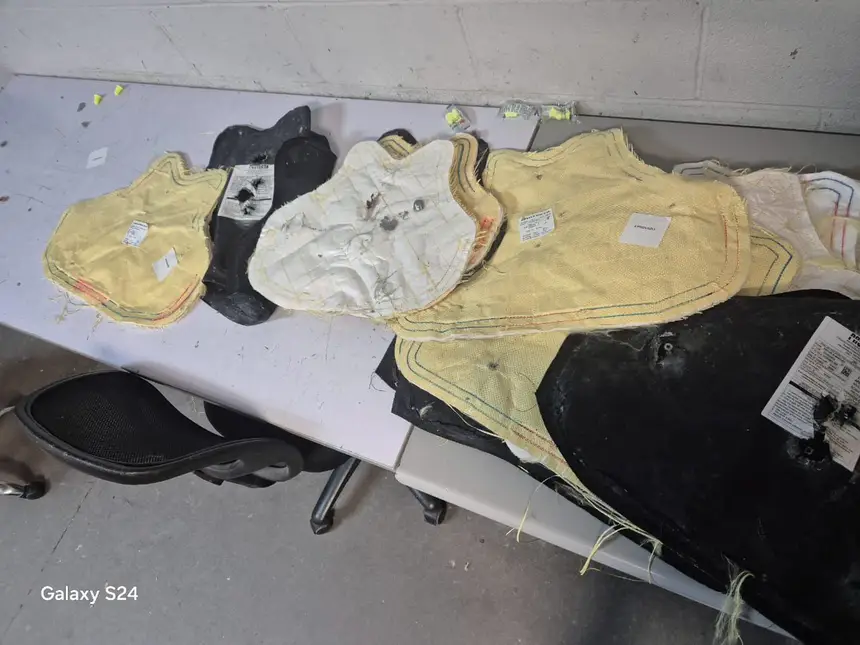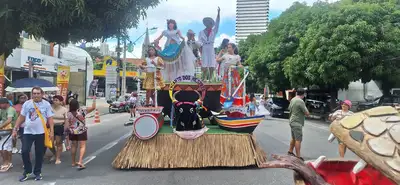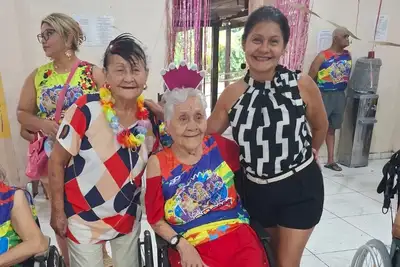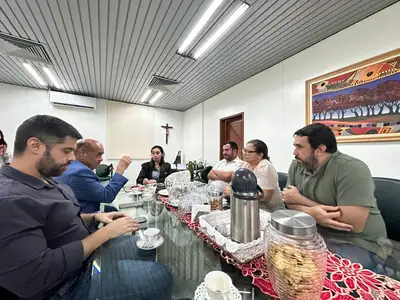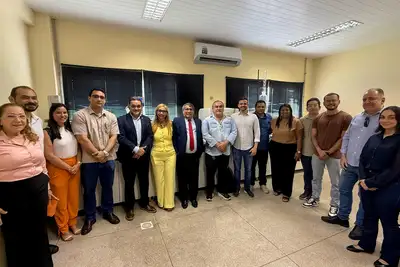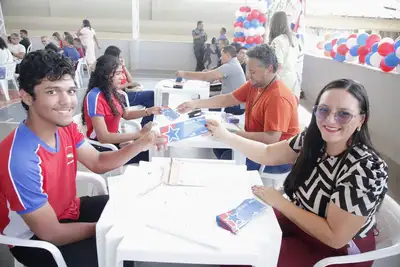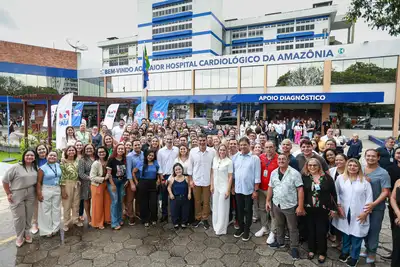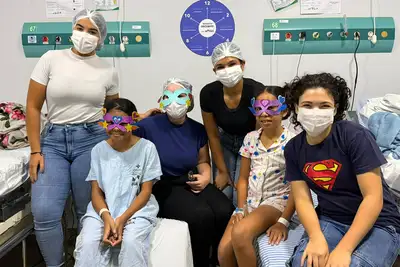Military Police of Pará acquires ballistic vests and strengthens troop protection
According to public safety, the new vests have features such as lighter weight, greater resistance, flexibility, and increased durability
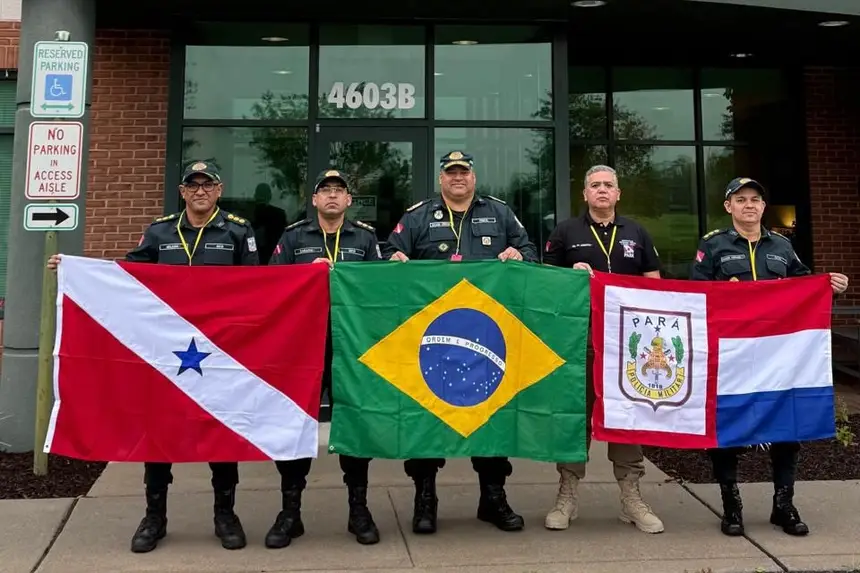
The Military Police of Pará sent a technical delegation to the United States from June 12 to 21 to monitor the laboratory tests of 4,400 ballistic vests acquired for use by the corporation. This initiative is part of the State Government's efforts to modernize personal protective equipment and strengthen the safety of agents working on the front lines in the fight against crime.
The commander-general of the Military Police, Colonel Dilson Júnior, personally accompanied the tests, which involved impact, resistance, and durability simulations of the materials. "The State Government has spared no effort or investment in the area of security, acquiring the most modern technology available, thereby ensuring the preservation of the lives of military police officers," said the commander.
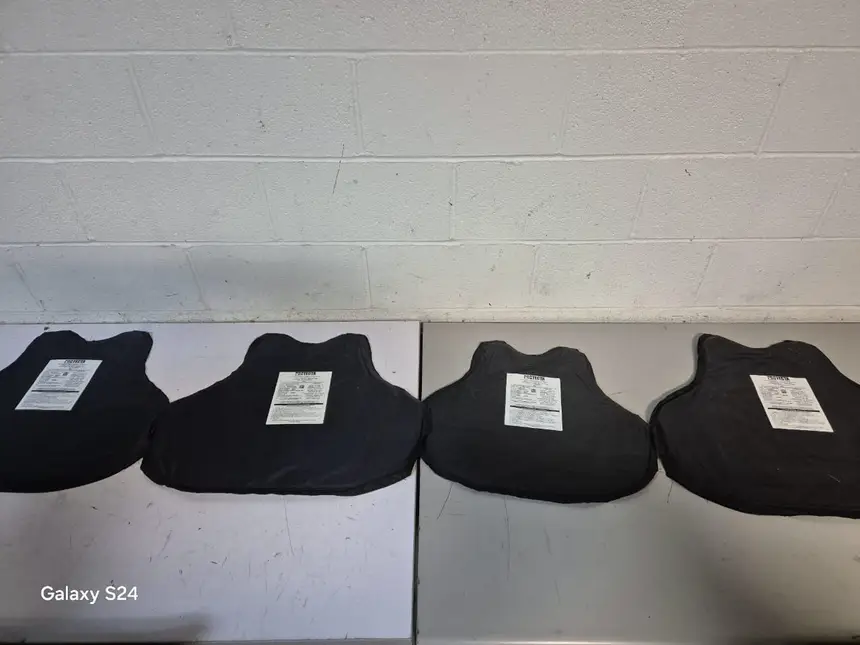
A total of R$ 5,977,175.20 was invested in the acquisition of the vests, with R$ 2,477,362.80 coming from the PMPA itself and R$ 3,499,812.40 from the State Secretariat of Public Security and Social Defense (Segup), through the State Public Security Fund (FESP). The purchase was formalized by Price Registration Record No. 017/2024 – DL/PMPA, signed with the contracting company.
The delegation included the head of the General Administration Department (DGA), Colonel Jeanderson Saraiva; the head of the General Personnel Department (DGP), Colonel Nelson de Sena; the Logistics Support Directorate (DAL), Colonel Wagner Andrade; and the executive secretary of FESP/SEGUP, Colonel Francisco Nóbrega.
According to item 6.6 of the Terms of Reference of Administrative Contract No. 43/2025 – PMPA, signed with the contracting company, all costs related to the shipment of samples, issuance of reports, supply of inputs, transportation, accommodation, and meals for the delegation responsible for monitoring the tests were fully covered by the contracted company.
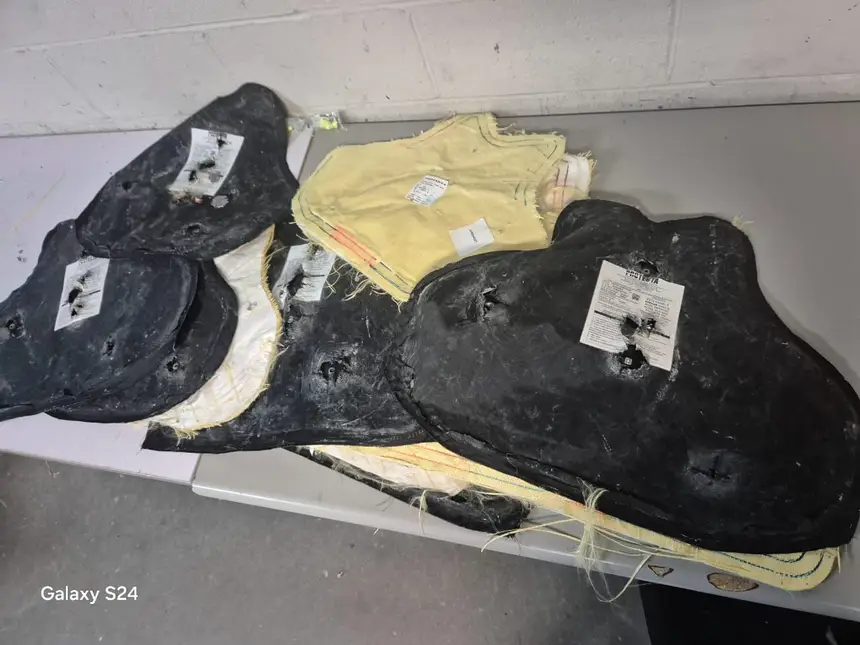
The director of DAL, Colonel Wagner Andrade, highlighted that the new vests offer features such as lighter weight, greater resistance, flexibility, and an estimated durability of six years. The modular cover, an innovation in the equipment, aims at standardization and improvement in the performance of police officers on duty. "This verification accompanies the quality of the equipment acquired, ensuring that the vests meet the necessary requirements for the protection of military personnel," he stated.
The head of DGA, Colonel Jeanderson Saraiva, explained that the mission's main objective was to ensure that the equipment complies with the highest international safety standards. Colonel Nelson Sena, head of DGP, reinforced that the vests will serve the entire force of the corporation, including the new police officers approved in the last public competition.
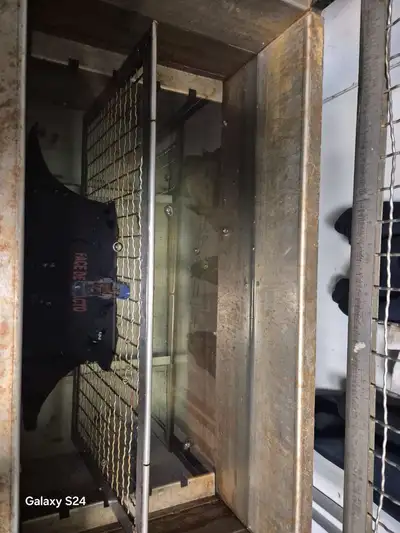
"The certification was carried out based on the tests of the NIJ 0101.06 standard from the National Institute of Justice of the United States. Samples are randomly taken from the batches and subjected to tests in specialized laboratories, ensuring the reliability of the product," added Colonel Wagner Andrade.
The commander-general also recalled cases recorded in 2024 in the municipalities of Belém, Oriximiná, and Afuá, where the use of the vest was decisive in preserving the lives of agents during police occurrences. "These episodes demonstrate, in practice, the effectiveness of the ballistic vests, which prevented serious injuries to our agents. With the certification of the new equipment, we remain firm in our commitment to protect our troops," he concluded.
How ballistic tests are conducted
Ballistic tests follow international protocols and rigorous quality standards. The process begins with the random selection of samples from the acquired batches, which are sent to specialized and certified laboratories. There, the vests are placed in molds to record the deformation caused by impacts.
During the tests, controlled shots are fired with different types of ammunition, according to the level of protection specified by the manufacturer. The shots hit strategic areas of the piece, including seams and edges, which are more vulnerable zones. Specialists then evaluate whether perforation occurred and measure according to the NIJ 0101.06 standard, which should not exceed 44 millimeters.
In addition to resistance to shots, the vests can also undergo environmental tests that simulate extreme conditions of temperature, humidity, and exposure to water. This set of evaluations ensures that the ballistic vests provide effective protection even in adverse environments, ensuring the integrity of police officers who work daily in the fight against crime in Pará.


